I don’t want to live in a world where ISIS is scarier than hackers, especially in 2016. We previously held the title in 2013, ’14, and ’15. And to be honest I was a little bit disappointed when I saw this result. So I thought I’m in my 40s now, there’s a lot of young hackers in the audience, and I’m not going to pass the baton to you guys unless we have that number one spot back in our pile.
Archive (Page 2 of 2)

I’m going to argue today that even while we know post-truth politics is having a terrible effect on our political culture and our role as citizens, it’s curiously difficult to combat it because of a set of beliefs about what politics is, and about the Internet and the way it enables ordinary people to have a voice. And these beliefs intersect with a prevailing anti-intellectual anti-elitism which associates knowledge, discernment, and truth with snobbery and power.
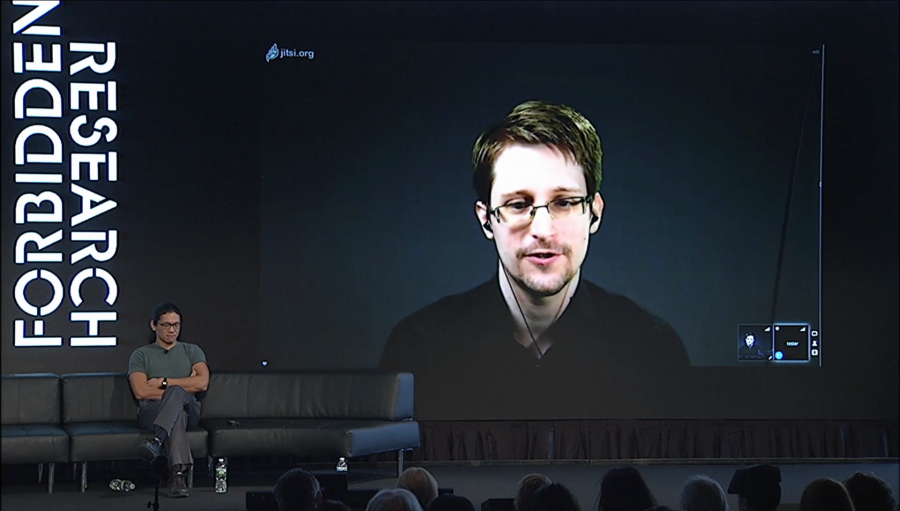
When I announced the talk on Twitter, somebody immediately was like, “Lawful abuse, isn’t that a contradiction?” But if you think about it for just a moment it might seem to be a little bit more clear. After all, the legality of a thing is quite distinct from the morality of it.
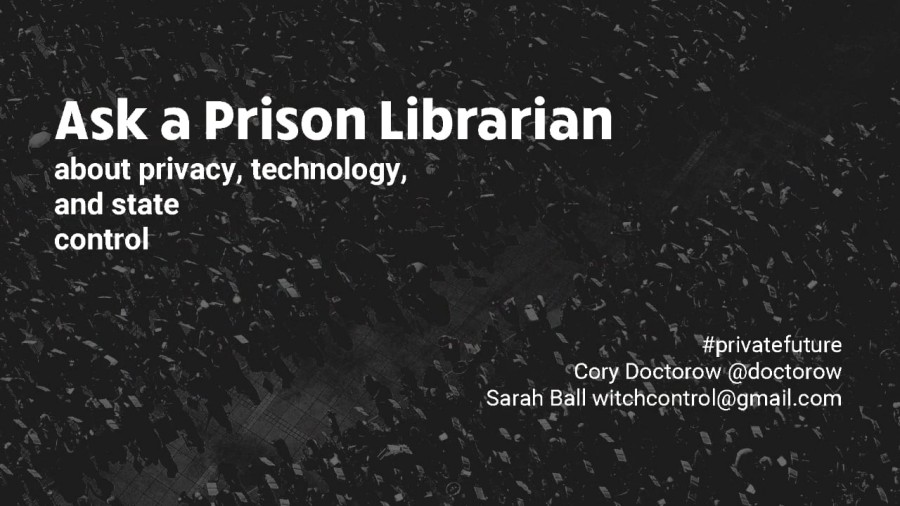
What does it mean to be private when you’re in a place where you have no right to privacy but are ironically deprived of the thing that makes your privacy go away?
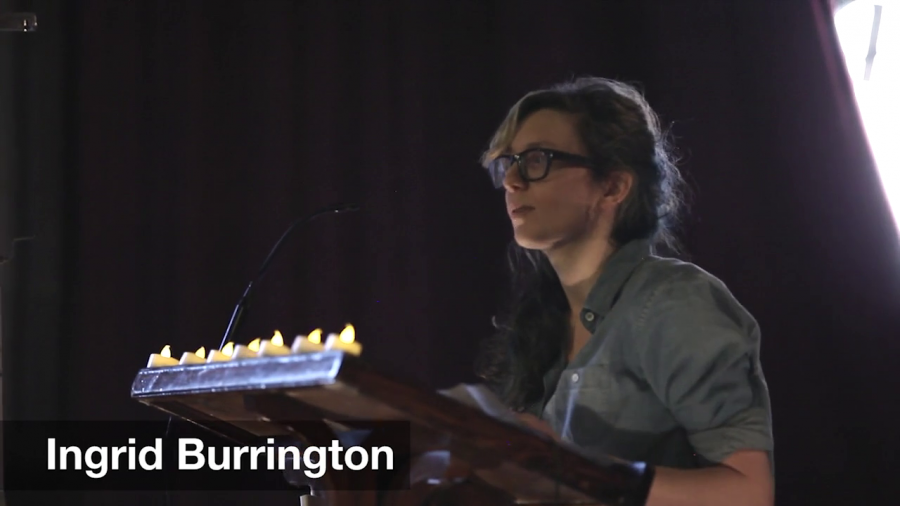
I think there’s something interesting about a discipline that historically is tied to political intrigue, to secrecy, being linked into this debate over what is good magic or true divine magic, and what is the work of demons. And I think there is something interesting to be said about the moment we are in right now and how states themselves kind of identify and invent existential threats to justify their own behavior.
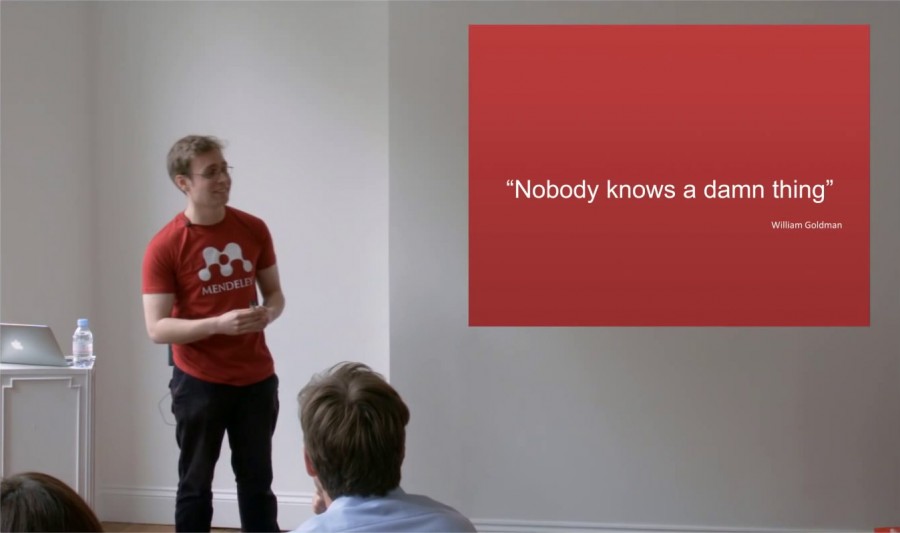
I’ve always been really interested in this idea of whether or not we can predict hits. You speak to anyone who works in the entertainment industry, and everyone has their was stories of that film they were sure was going to become a hit which somehow became a miss. There are niche films which appeal to everyone, and perhaps more likely, films that are designed to appeal to everyone which somehow appeal to no one.
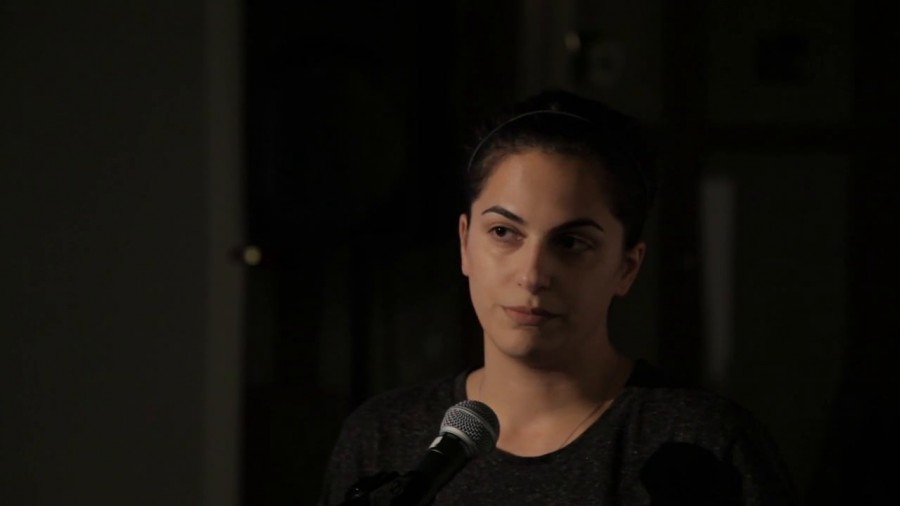
So I got curious, and I asked myself what is the Iranian Internet, and who is the Iranian user? I was pissed off enough, like I said, to take a step or to feel the urge to do something. To feel the urge of making something. And the thing that I really wanted to bring across was that censorship is happening in a different country, where it’s being used to bring across information, to make voices heard.
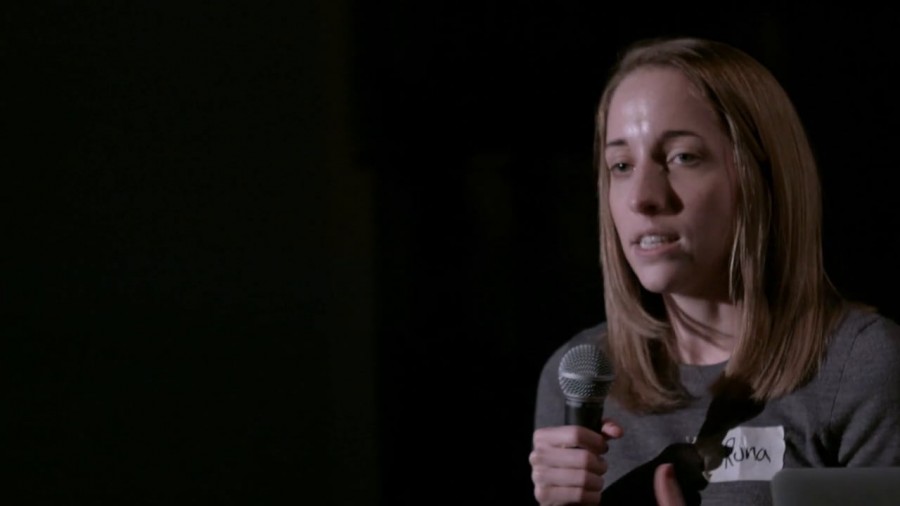
I figured I would give a presentation to better explain the work that I do and show, hopefully not too technical, but show how you can think about the way you go about your online life and the traces you leave online, and what this means for the work that you do, the people you interact with, and so on.

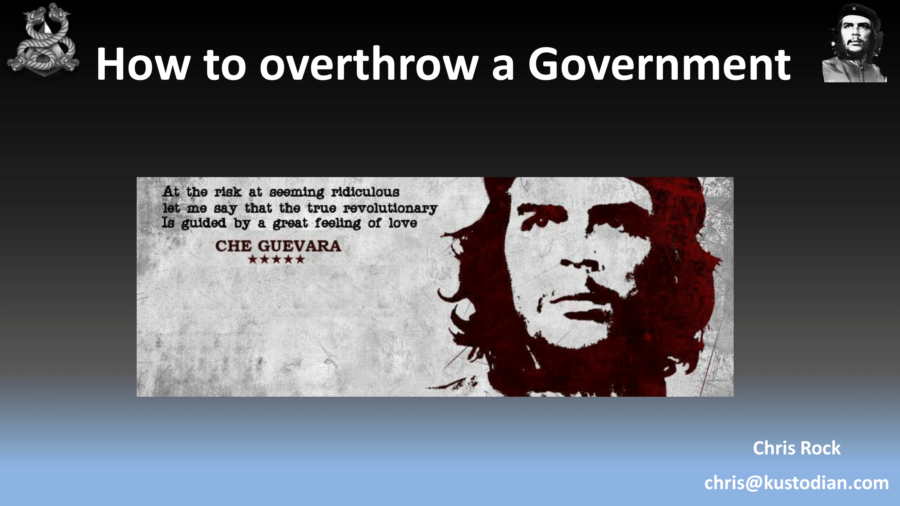
The Web We Lost
I can have my independent blog, but if it’s not being promoted through one of these networks, nobody sees it. If it’s not being injected in one of these streams in a format that’s consumable in one of these streams, that’s compatible with what they call native advertising, which is stream items that are ads, then it doesn’t get seen.